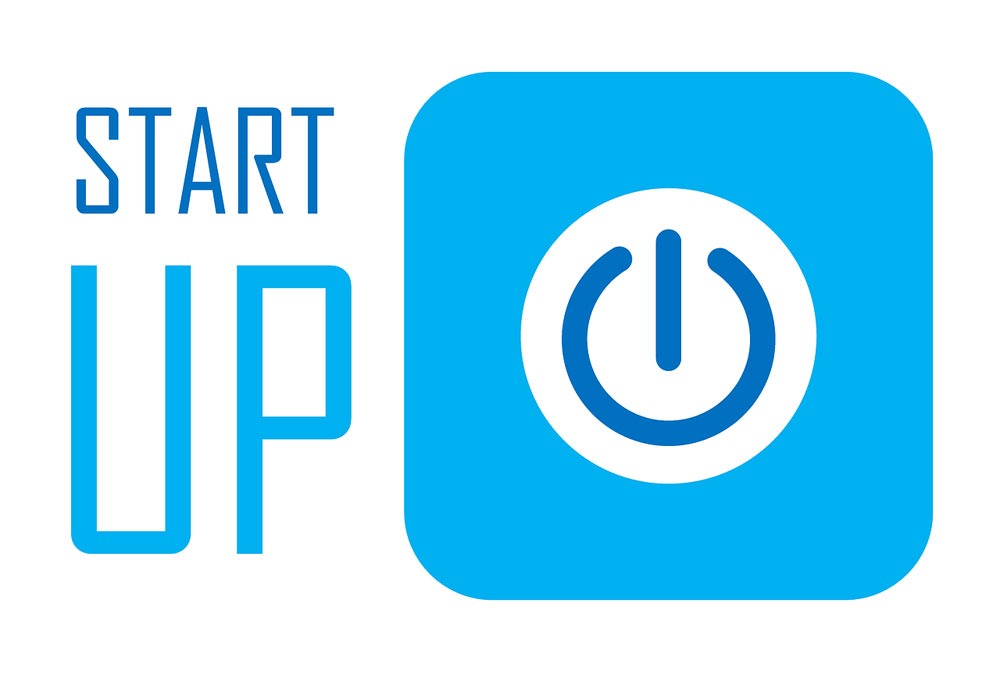
December 7, 2020; Salem Reporter and NPR “Planet Money”
If there are any among you who were seriously entertaining the concerns some have that people are grifting on unemployment benefits, consider this.
One reality of a downturn is that many jobless will use the “break” as an opportunity to start a business. So it is in Oregon, where business startups are rising each month. In October, 6,647 new business registrations were filed with the state—up 278 from the previous month and, probably more significantly, up 445 from the October before. This may seem odd, in that this is taking place amid record small business failures, but it offers a chance to rethink and expand the capital needed to make the ownership of the economy more diverse in multiple ways. Doing so calls for more care and competence than, for instance, was exhibited in the distribution of forgivable Paycheck Protection Program loans, where the majority of the money went to larger corporations.
Jake Thomas, writing for the Salem Reporter, relates some stories that illustrate the risks and difficulties of engaging with a market that’s so unpredictable. One person laid extensive groundwork only to see her bar open right before the first shutdown. Another started too slowly in a market that was more open than he originally thought and had to find the right pace to move his inventory of flowers.
Veronica Molony, the co-chair of the Portland chapter of SCORE [originally, Service Corps of Retired Executives] says there’s been particular interest in endeavors like acupuncture, mental health, and healthcare, but more generally, people who have had their hours cut are not sitting idle but trying to set up other gigs. National Public Radio (NPR) reported on the same dynamic, calling it a “boom,” in a conversation with economist John Haltiwanger, who has been helping the US Census Bureau keep track of startups. “It’s the highest level on record,” he says.
Sign up for our free newsletters
Subscribe to NPQ's newsletters to have our top stories delivered directly to your inbox.
By signing up, you agree to our privacy policy and terms of use, and to receive messages from NPQ and our partners.
Greg Rosalsky, a reporter for NPR’s Planet Money, says the “biggest areas of growth are in e-commerce, online retail and online services, which makes sense.”
The pandemic has devastated activities that require being face-to-face. Most of us don’t want to shop at stores, travel on planes or do meetings in person. It’s like these new online businesses are growing out of the ashes of old brick-and-mortar businesses. Economists have a term for this. It’s called creative destruction. Nobody likes the destruction part. It means jobs lost and dreams dashed.
And Haltiwanger chimes in with the caveat that what the country cannot afford is the destruction without the creation.
What this suggests is that this would be a good time to invest robust amounts of stimulus money to help people make good use of the moment. Core to this strategy should be giving preference to startups run by people of color; that might begin to redress the effects of centuries of systemic racism as we emerge into a new economy.—Ruth McCambridge













